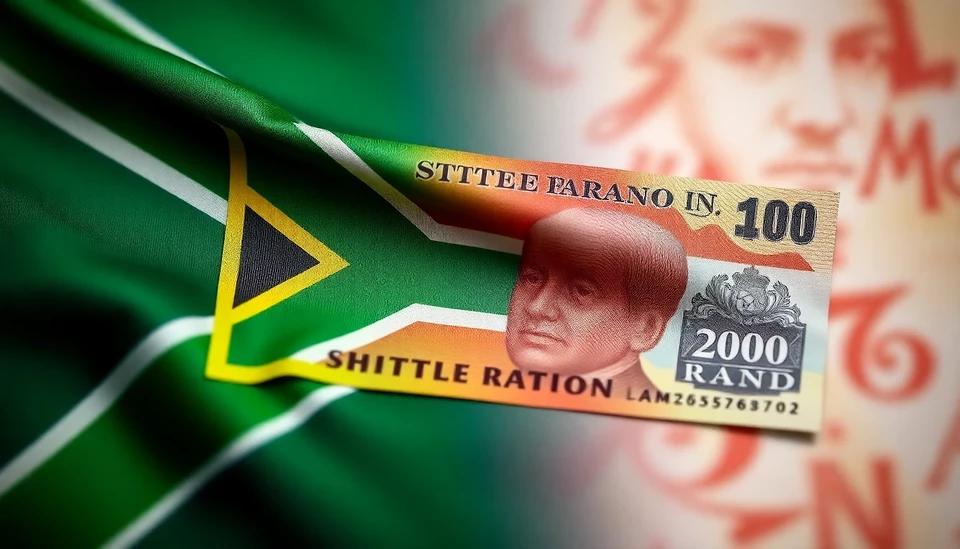
The South African rand has been experiencing significant fluctuations as political discussions surrounding the nation’s critical budget unfold. As April begins, the currency's instability reflects the heightened uncertainty within the nation’s political sphere, challenging economists and residents alike.
Amidst discussions in government circles, the rand has shown a marked response to various proposals that aim to address the country’s ongoing economic struggles. Analysts are keenly observing the implications of these debates, particularly due to the rand's susceptibility to domestic factors as well as global economic trends.
Officials within the South African government are deep in deliberation over fiscal policies that directly influence public spending, tax increases, and overall economic growth. This year’s budget appears particularly contentious, with differing views from political parties. Leaders are expressing their opinions on how best to navigate economic recovery and the proposed fiscal changes aimed at stimulating growth.
The uncertainty surrounding the budget has led to increased speculation among investors, resulting in volatile trading patterns for the rand. In recent trading sessions, currency fluctuations have kept traders on their toes, reflecting the mood surrounding fiscal prudence versus economic stimulation.
In the mix of political maneuvers, public sentiment is also a major player. Citizens are growing concerned about inflation, unemployment, and national debt—issues that often come to the forefront during budget discussions. The choices made by politicians now could have long-term effects on the economy and the financial well-being of South Africans.
Furthermore, external factors such as fluctuations in global commodity prices and shifts in foreign investment flows are also contributing to the rand’s instability. The currency’s value is heavily influenced by investor confidence, which is tethered to South Africa's political stability and its economic policies. If policymakers fail to secure a sustainable fiscal strategy, the rand could face further depreciation, exacerbating the nation’s financial challenges.
As the debate continues with no clear resolution in sight, the rand's performance in the coming weeks will be closely watched. Economists advise that potential investors and citizens alike should remain vigilant as the dynamics surrounding this budget unfold, especially given the historical precedent of how budget policies impact the currency and broader economy.
In summary, the discussion around South Africa’s budget is far more than just numbers on a page; it carries critical implications for the rand’s future, the country’s financial stability, and the everyday lives of its citizens. The interplay of political decisions, economic indicators, and public sentiment will all shape the narrative of the nation going forward.
With investors poised for action and citizens anxious for meaningful change, the coming days will be pivotal in determining not only the future of the South African rand but also the trajectory of the national economy.
#SouthAfrica #RandVolatility #BudgetDebate #EconomicPolicy #Investors #Inflation #PoliticalClimate #CurrencyFluctuation #FinancialStability #April2025
Author: Laura Mitchell




